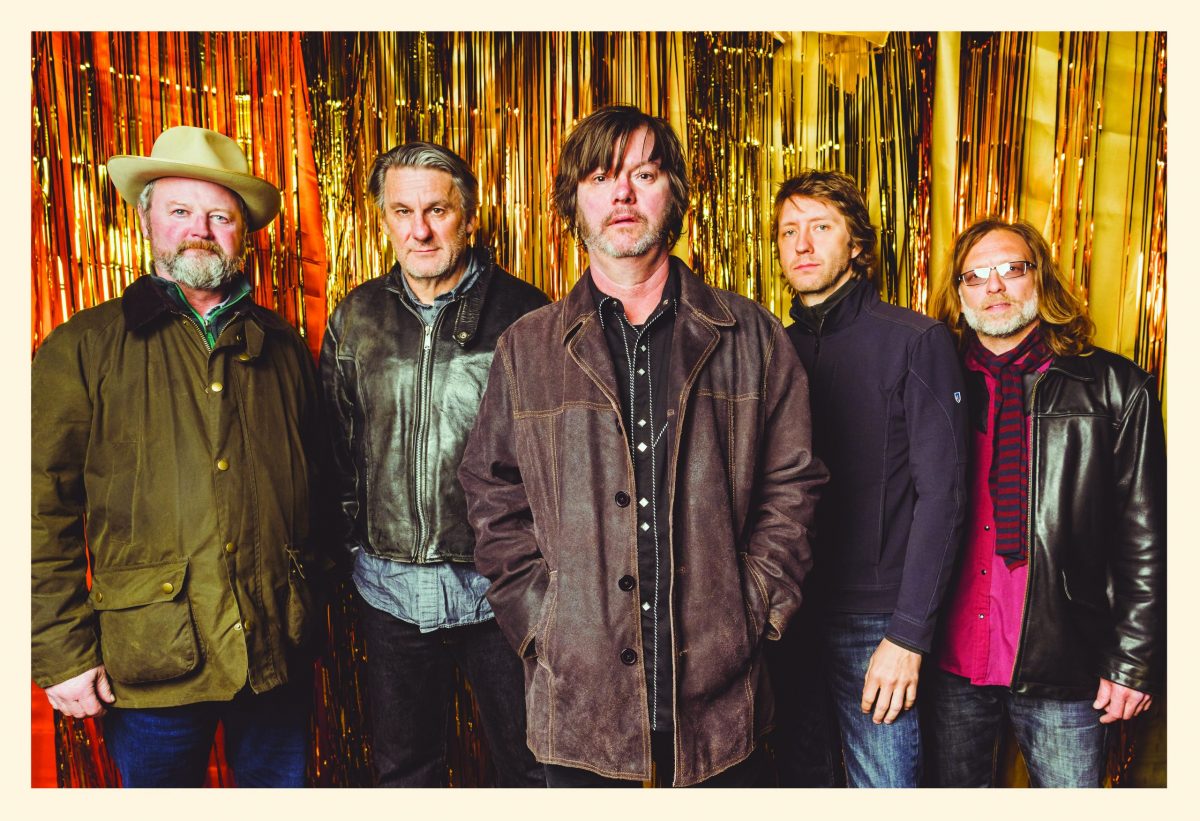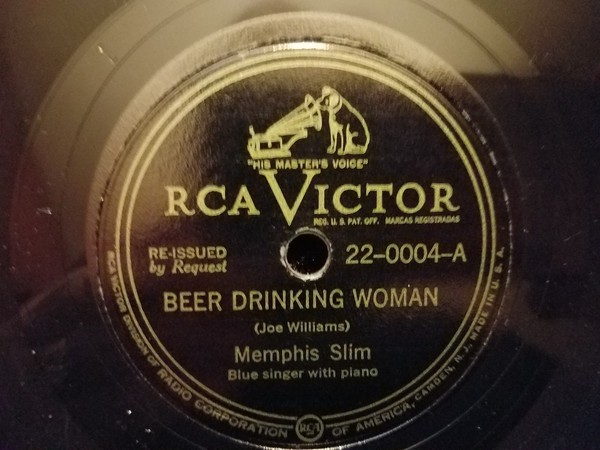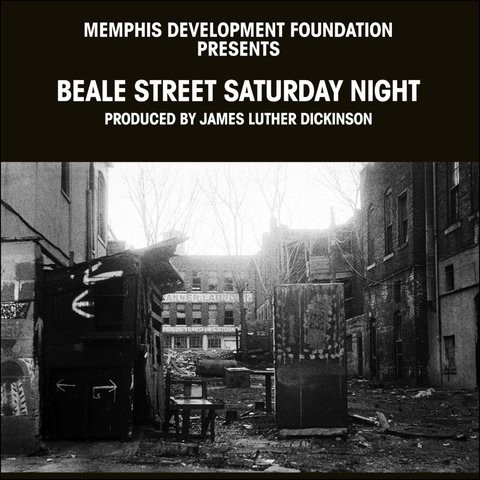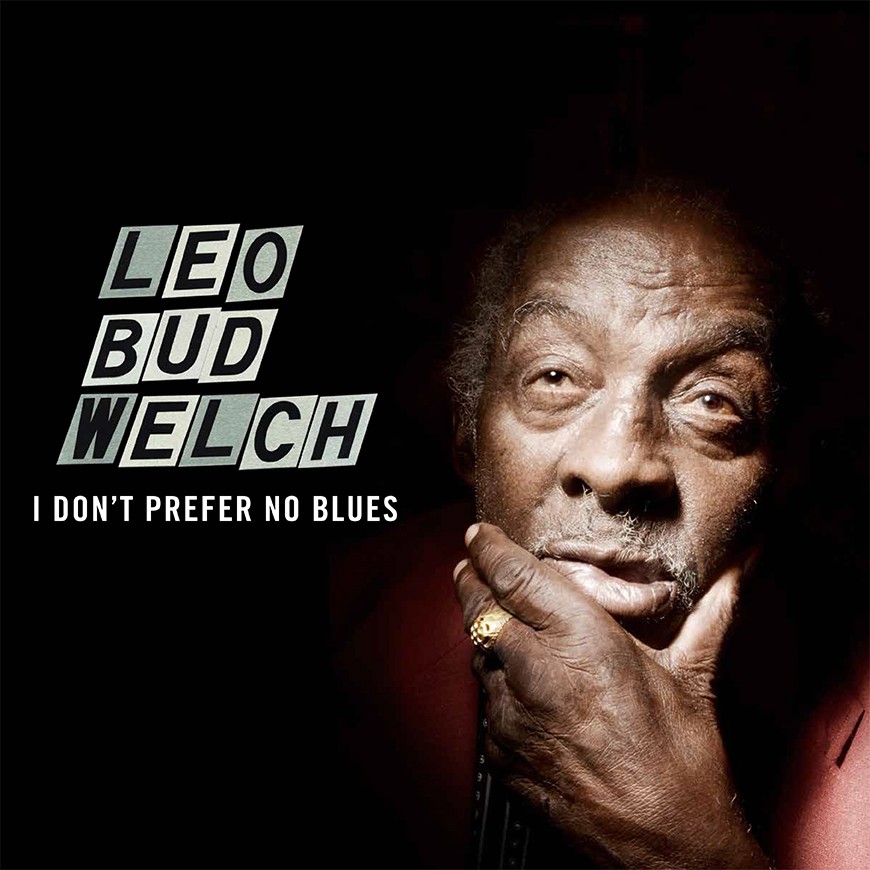Hearing Son Volt’s latest album, Electro Melodier (Transmit Sound/Thirty Tigers), is a cathartic experience, especially once you learn that it was written and recorded entirely under the conditions of quarantine. In a sense, Farrar, who’s always had a political edge to his lyrics, was the perfect scribe of the times, but this time around, he brings more than his trenchant eye for injustice.
The album’s mix of trepidation and optimism is still with us today, as the pandemic rages on, so it’s even more hopeful to learn that Jay Farrar, Son Volt’s founder, singer and songwriter, will bring the group’s unique blend of folk, country, blues, soul, and rock to Lafayette’s Music Room on Sunday, September 26. And to sweeten the deal, local favorite Shannon McNally will open the show with her latest, sultry-voiced take on the Waylon Jennings catalog, The Waylon Sessions.
I caught up with Farrar as he carried on with the group’s tour, and asked him about the unique experience of creating his latest work.
Memphis Flyer: I was surprised at how hopeful the new album is. It was composed in the quarantine era, so one expects the worst, but it’s surprisingly cathartic.
Jay Farrar: Yeah, the songs were written during the pandemic, so there was a lot of introspection going on. But I also wanted to focus on melodic structures, and I guess at the end of the day, it’s the same concept as singing the blues. You feel better just writing and singing these songs. So I guess there was some hope in there somewhere.
Was it a conscious move on your part to remain hopeful as you created these songs?
It gave me a singular focus, for sure, because live performance was taken off the table. So there was definitely a singular focus on these songs during the writing and recording. There were a few learning experiences along the way. We first tried recording via Zoom and different remote locations in different studios. And we did that song, “These Are the Times,” that way. But eventually we realized that some of the synergy was lost that way, so we eventually got together in the studio. Although Mark Spencer, who has his own studio in Brooklyn, added his parts from there. So there was a mixed approach to this recording. A little bit of the old, a little bit of the new.
What time during the quarantine period last year did you start the project?
Our last gig was a date in February, and I’d already done a fair amount of writing by February and March. And then we started recording in April, I think, digging deeper into recording through the summer. We had to have some heart-to-heart discussions. At that point, we didn’t know if masking up was going to be enough, you know? But we decided we had to do it together, to find that chemistry. But there was an eerie quality to it all. If you walked out onto the street, you’d wonder, “Where are all the people?”
I’m curious what you personally look to to find that optimism. Like when you say, “It’s gonna be all right, the worst will soon be over.”
That’s a good question. I think I was digging deep. In a political sense, I felt like things were changing at that time. They couldn’t go on the way they had been going. And as it turned out, at least from my perspective, the ship is headed in the right direction. I guess that deep introspection makes you think about what’s important. You just have to believe that things are going to get better.
You sing about looking at our times “more in sorrow than anger,” and I think that is telling. Is grieving a way to get beyond the anger?
Yeah, I mean, we’re still in it and there are still difficult decisions to make. Getting back to live performance has been important for Son Volt. We’re out on the road with a more flexible approach. Obviously getting vaxxed and wearing masks is the right thing to do, but maybe there are situations where people can’t get the vaccines or whatever, so we just have a flexible approach.
Obviously the band name itself screams out Memphis history. What does Memphis represent to you?
The list is long! The effects of Memphis music are profound. I think five or six years ago, Son Volt played the Levitt Shell, and just seeing the list of folks who had played there, from Elvis to Big Star, and many more, was amazing. Both Elvis and Big Star are huge, Charlie Rich, and obviously Sun Studio. I even took my kids there. They had zero interest when we went in, and a lot of interest when we walked out. [laughs] So that speaks to the power of Memphis music right there. And certainly I’d been into other really melodic bands, like Badfinger and the Beatles, before I discovered Big Star, but Big Star is someone I turn to for inspiration now, more than those other bands at this point. It’s a perennial favorite.



